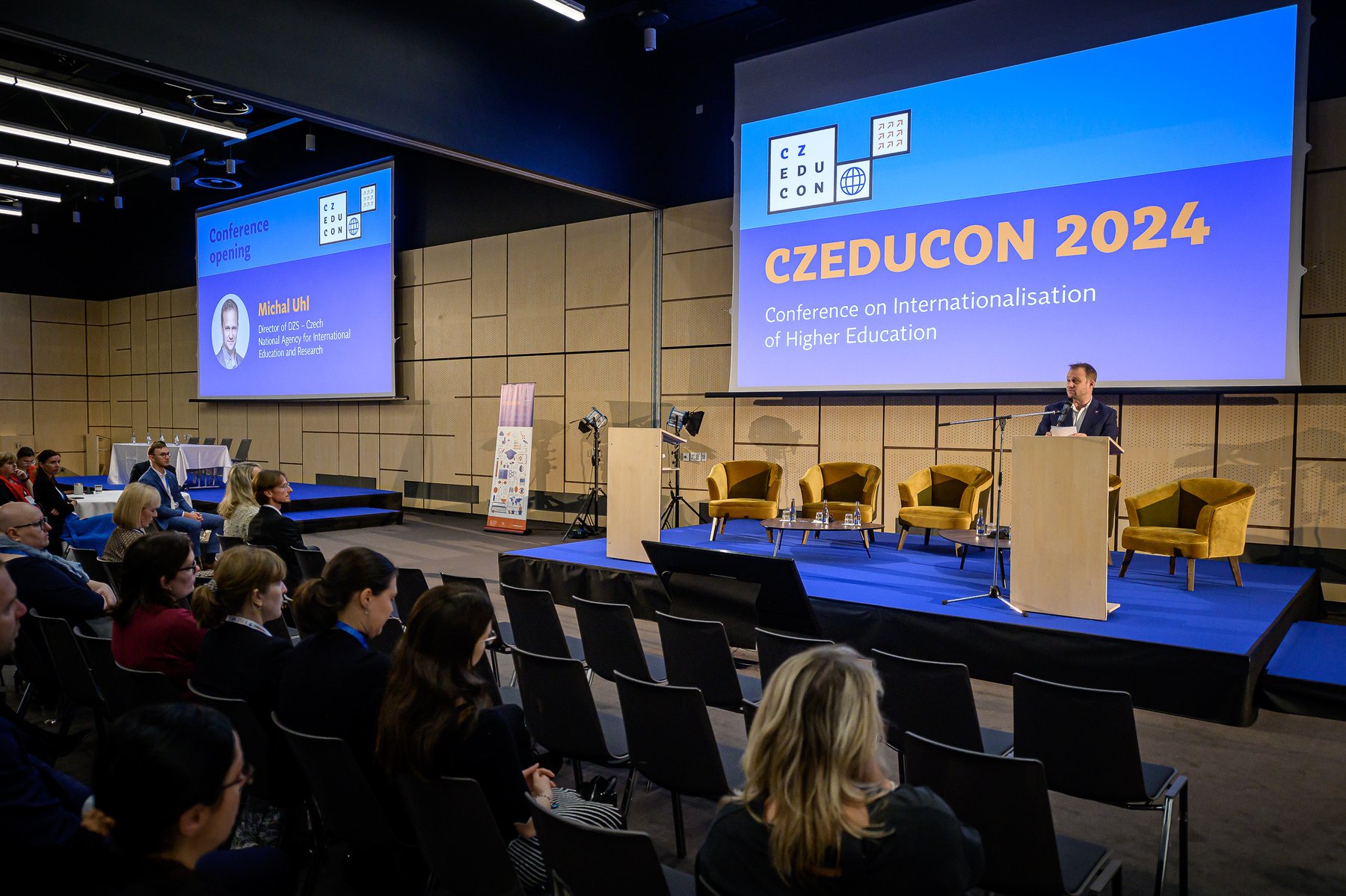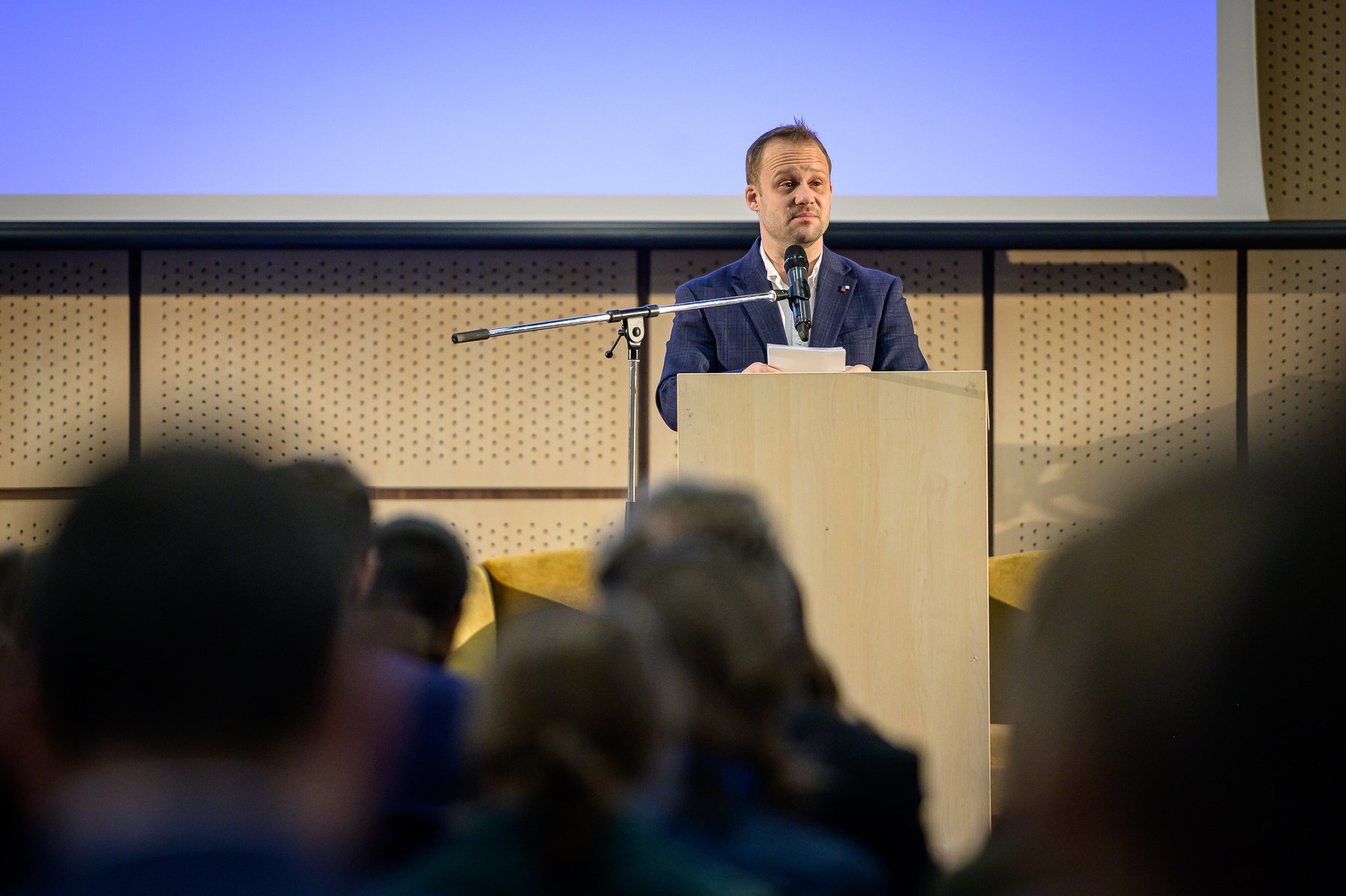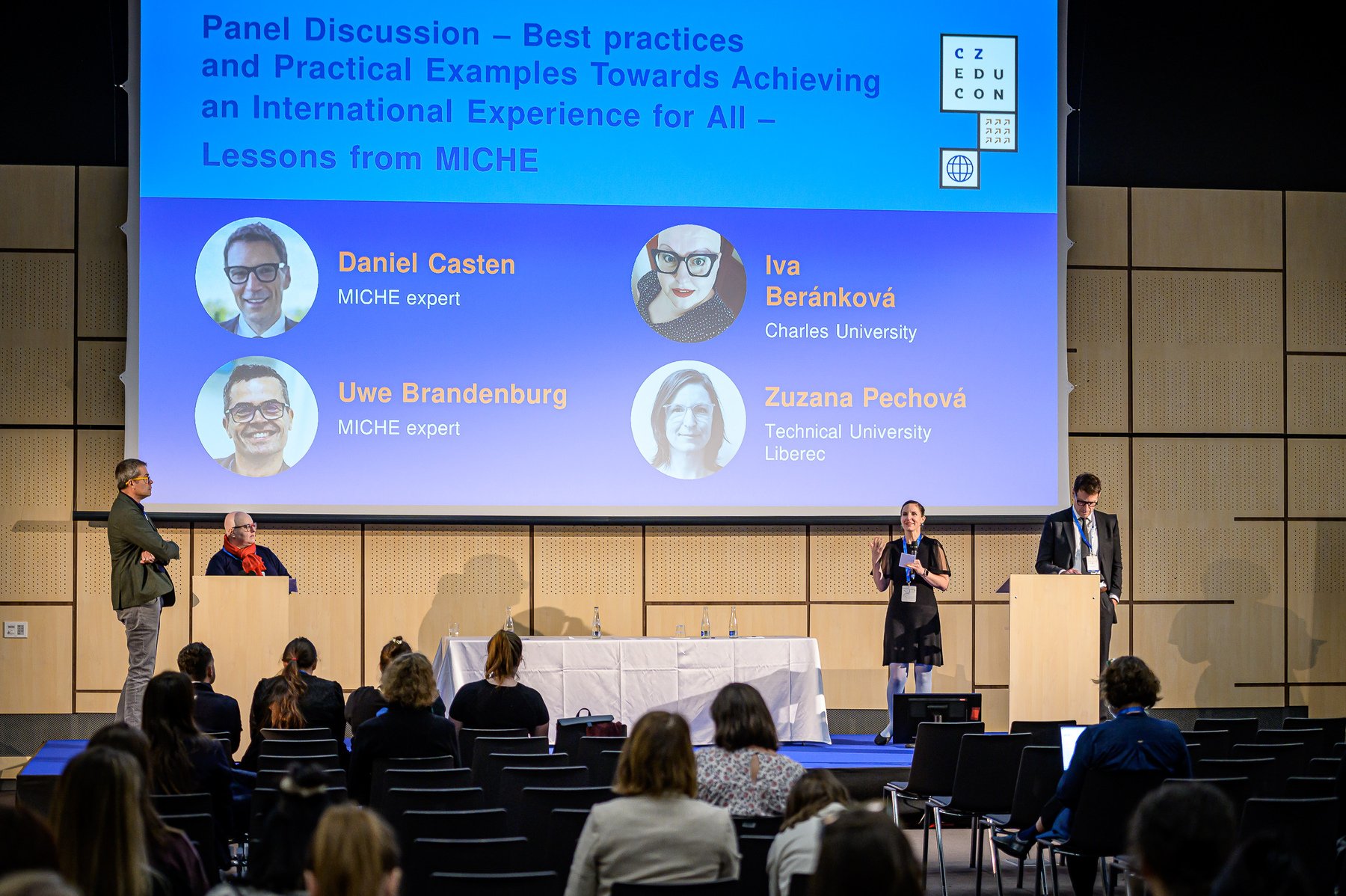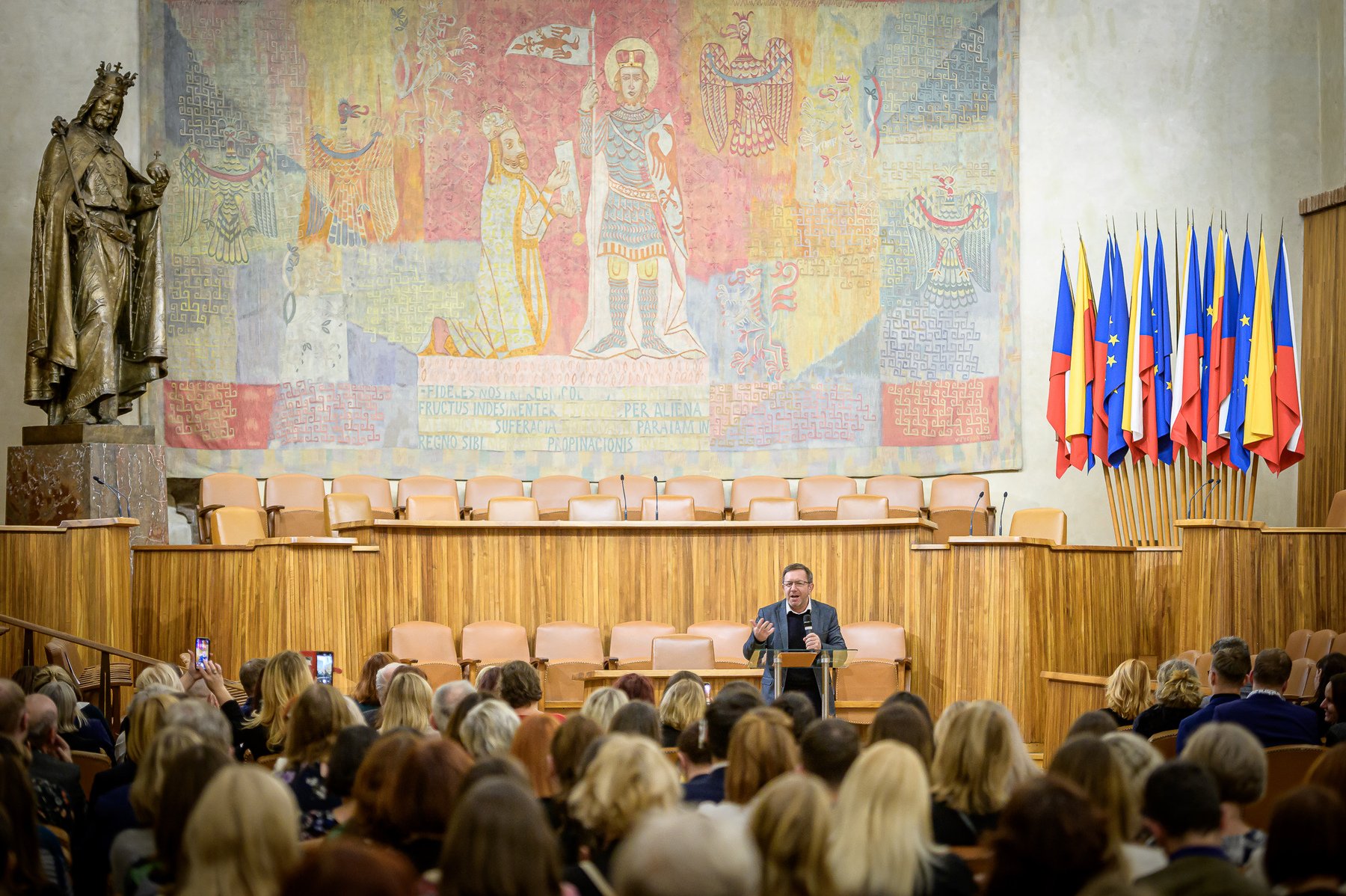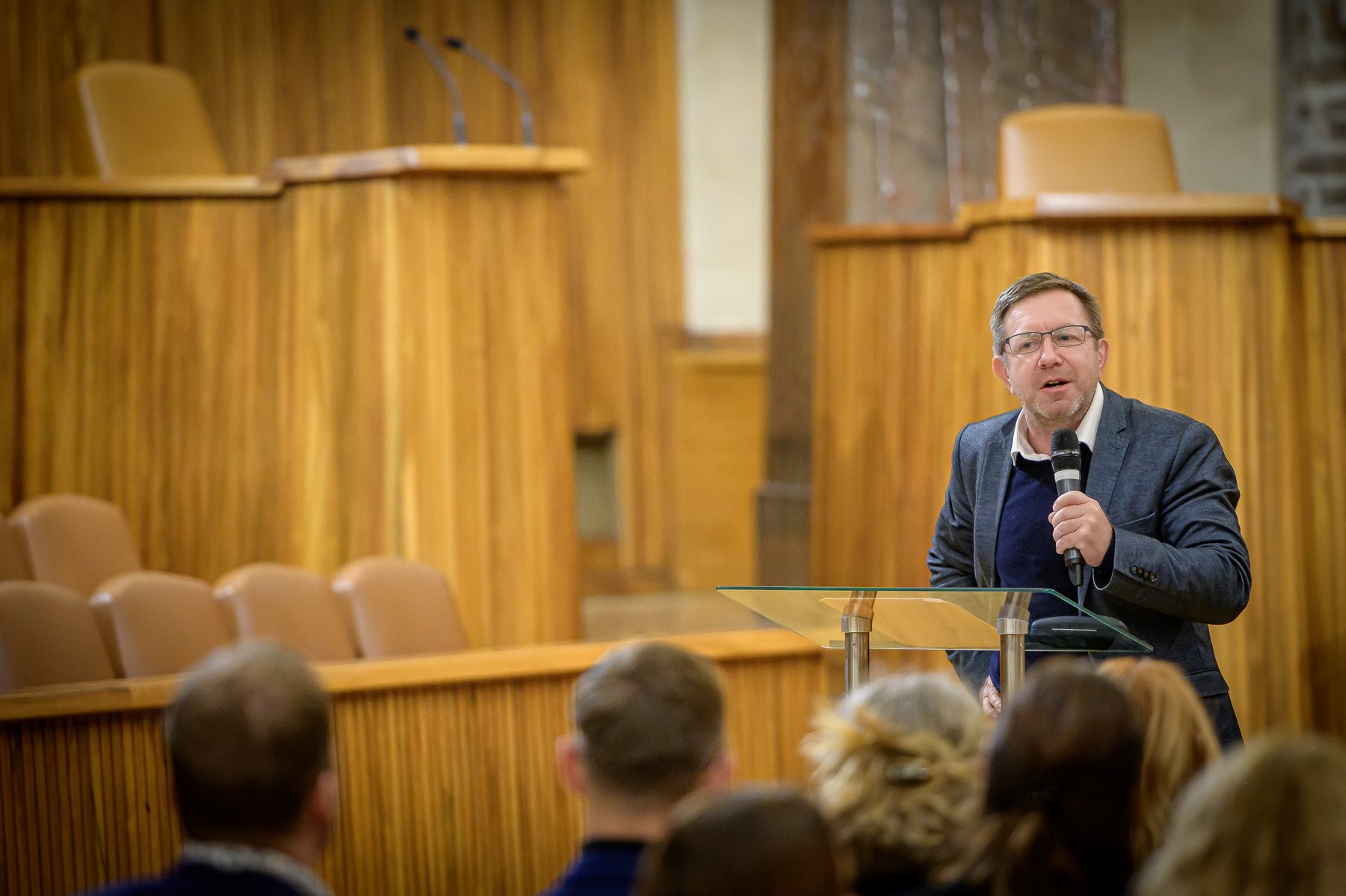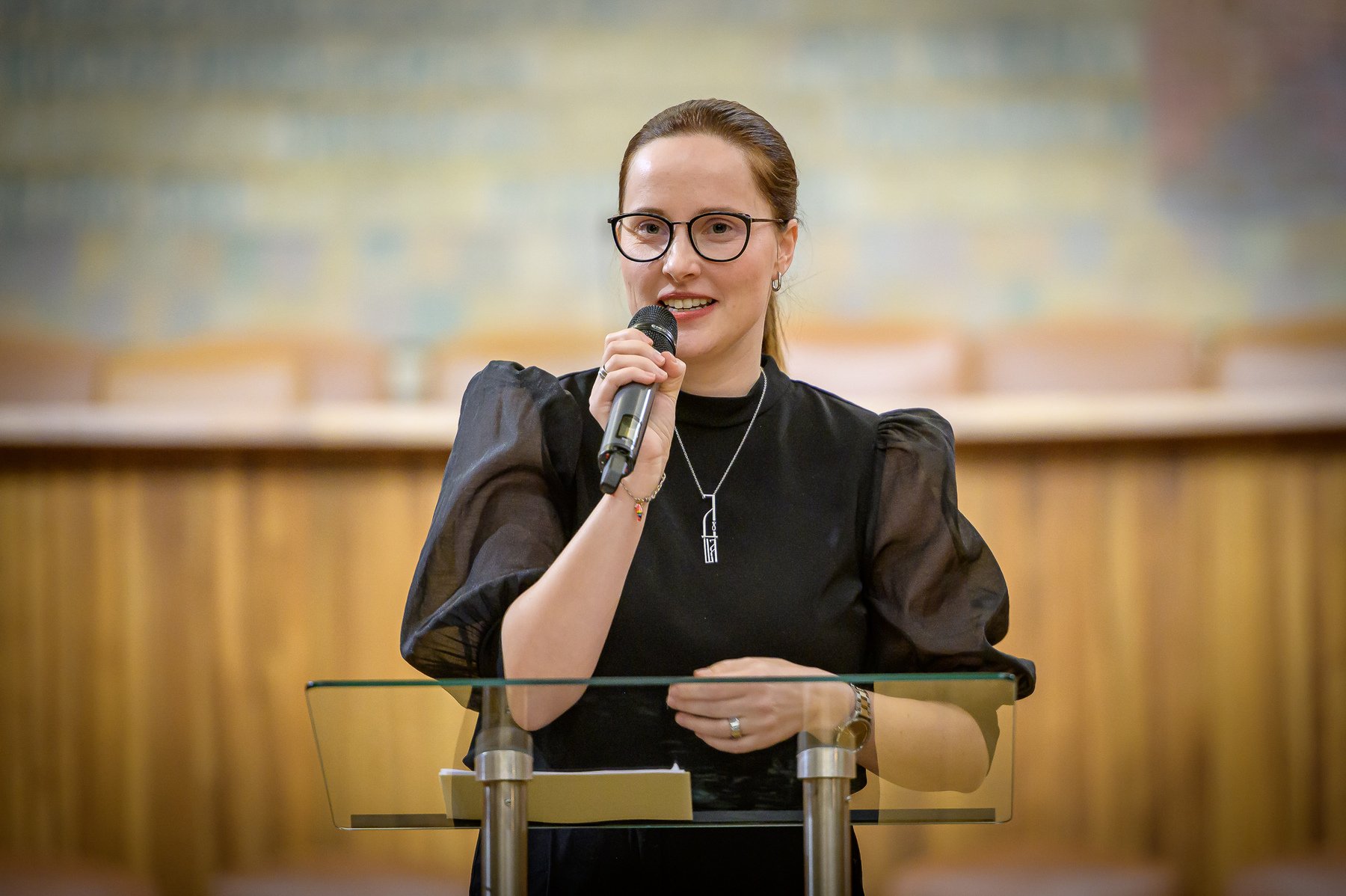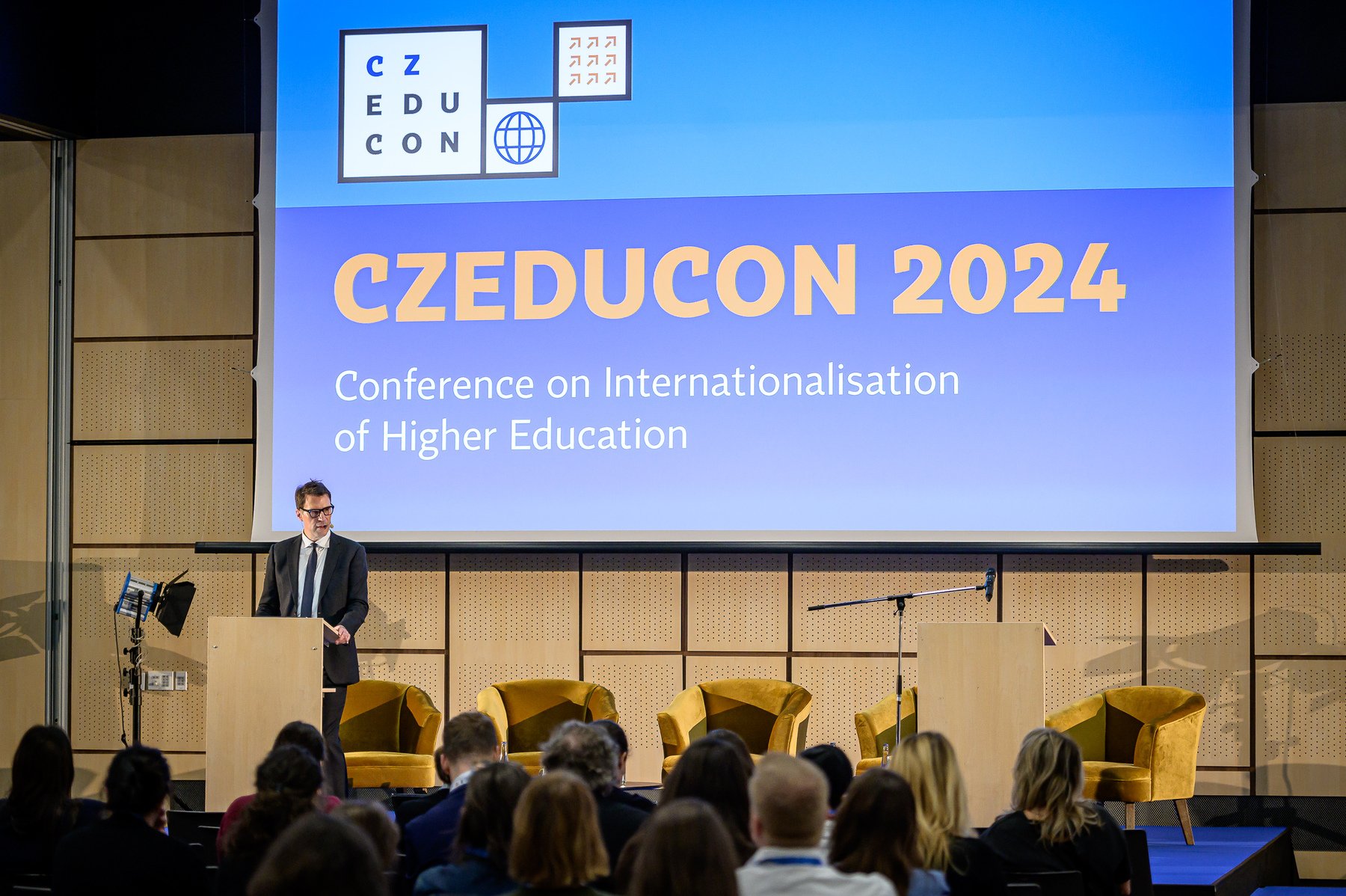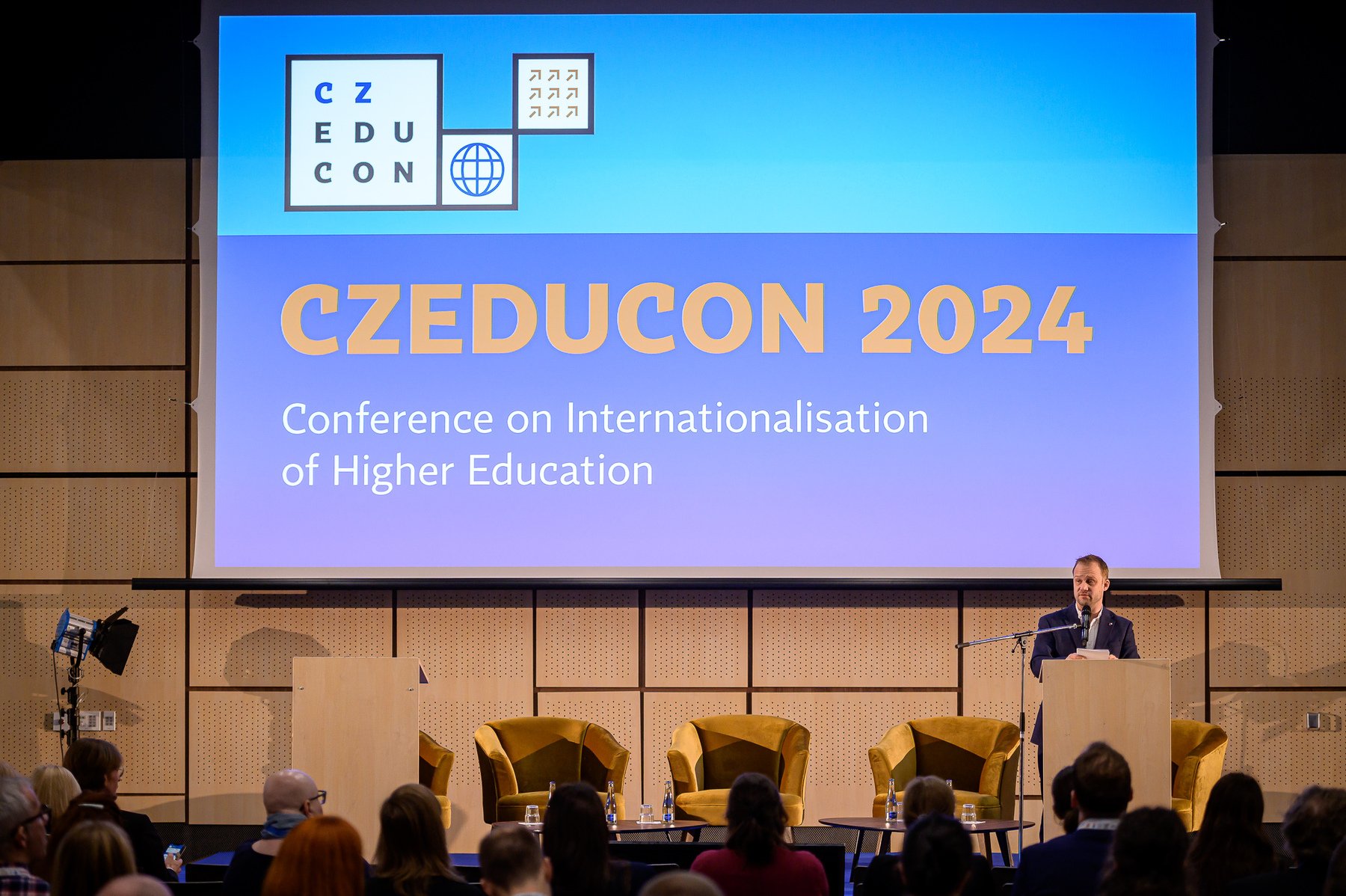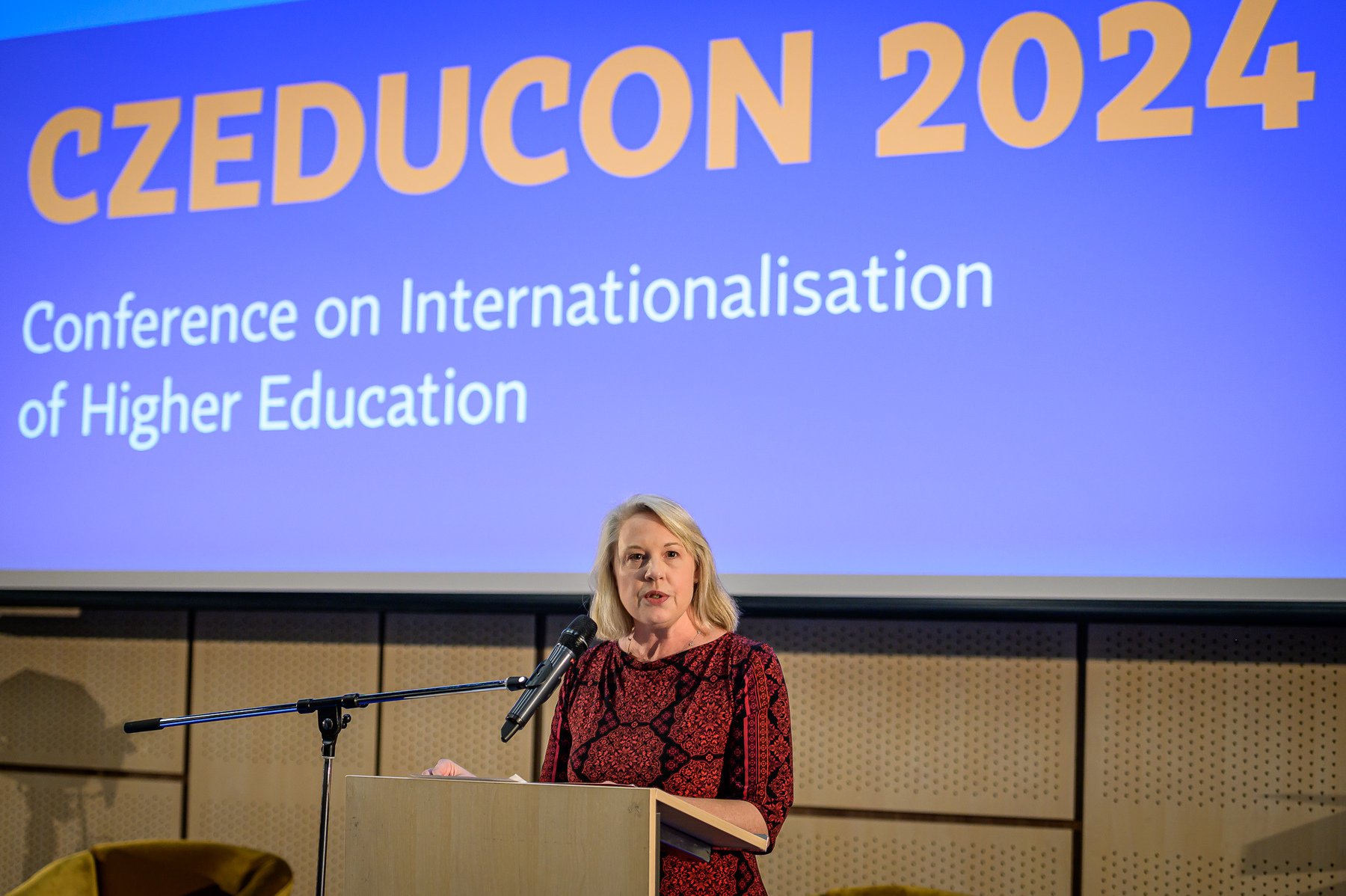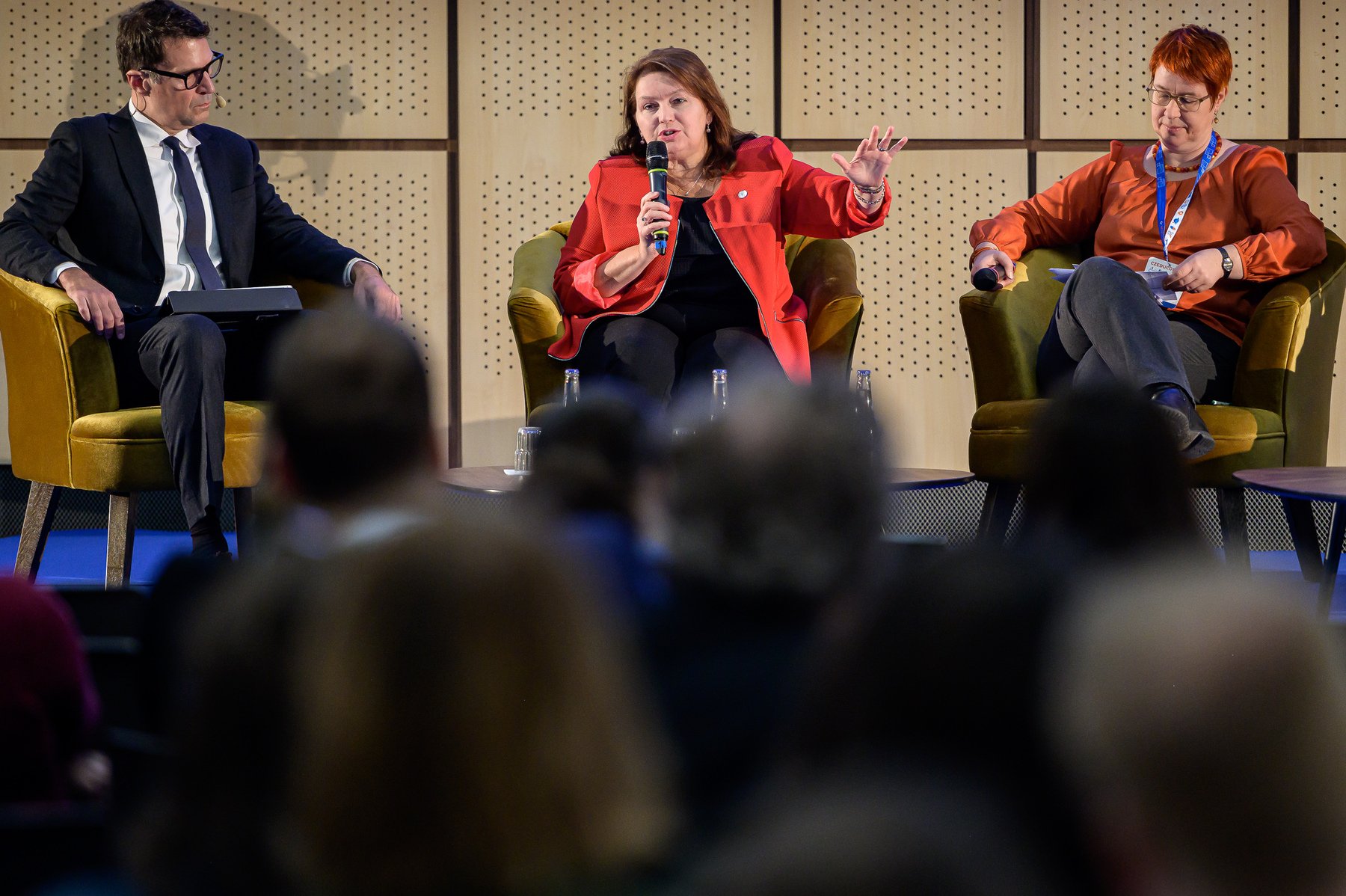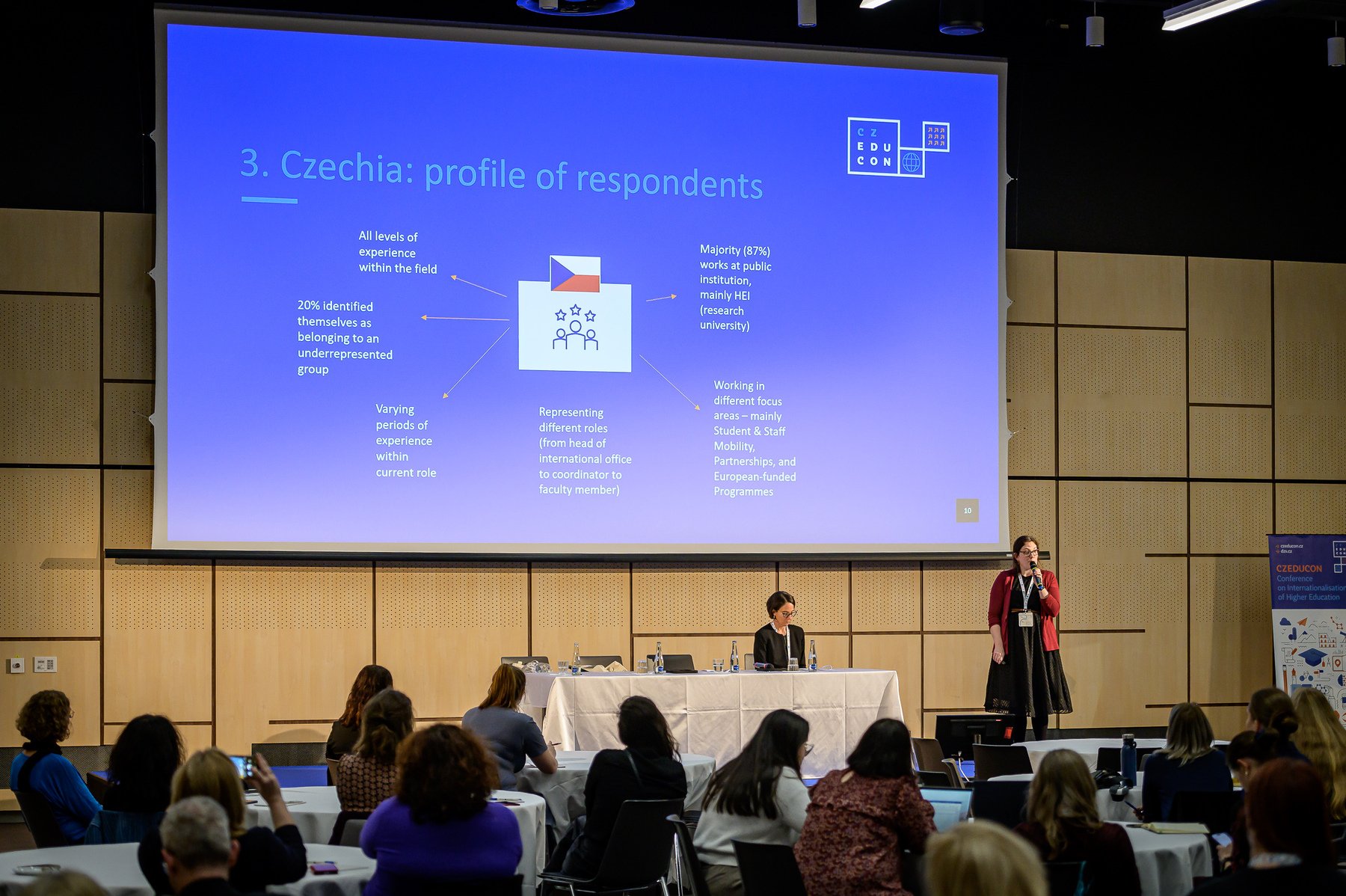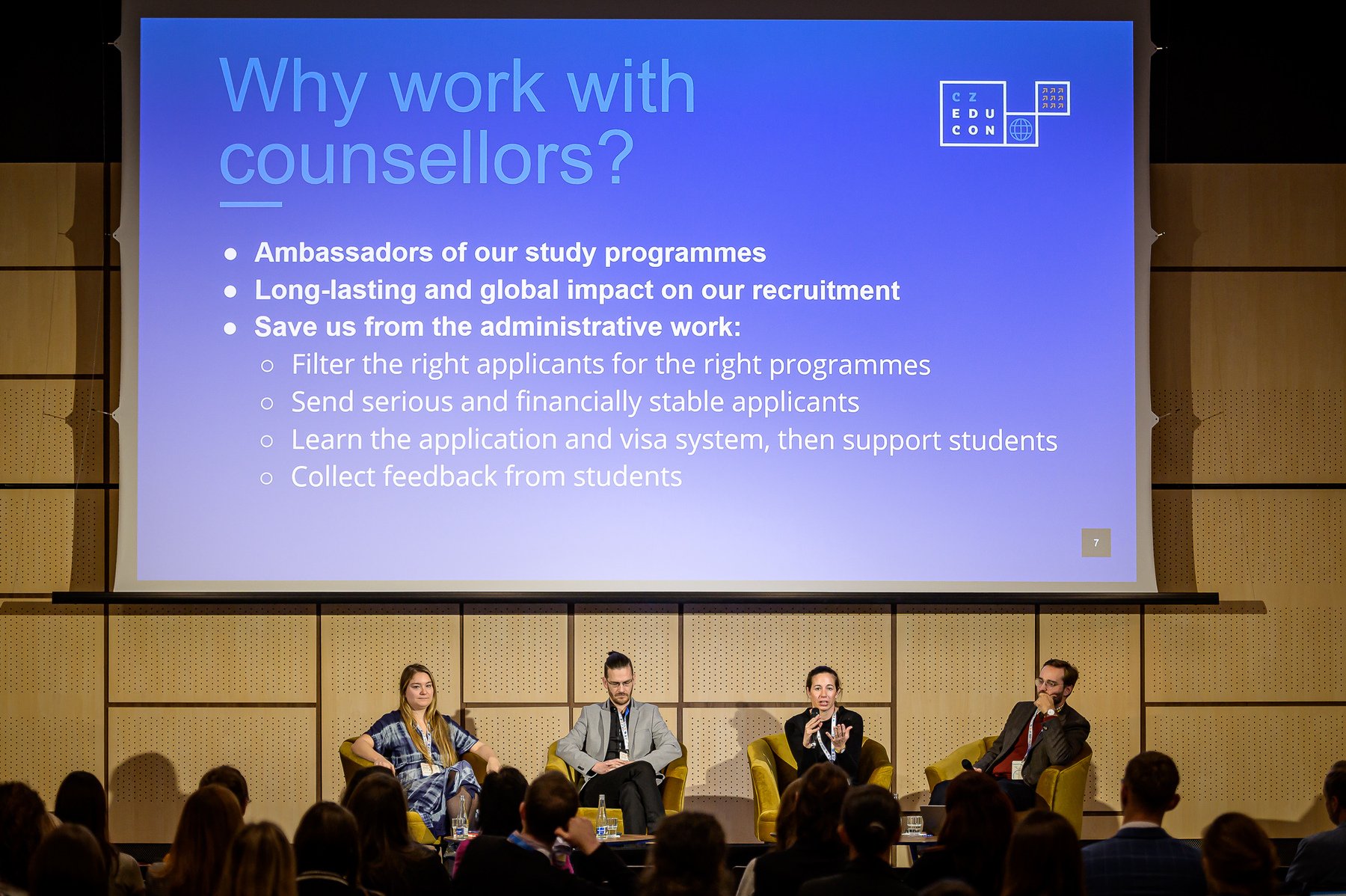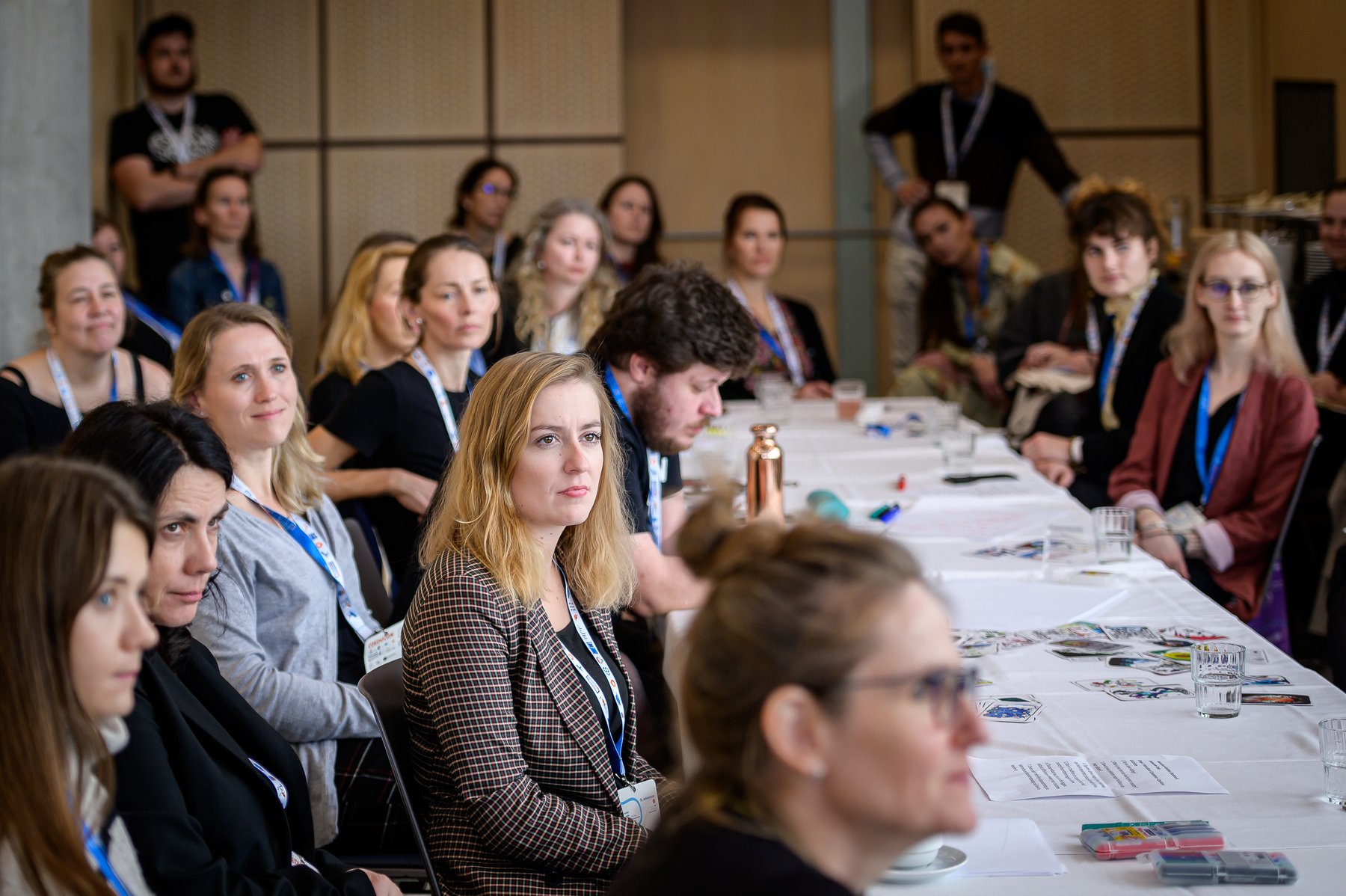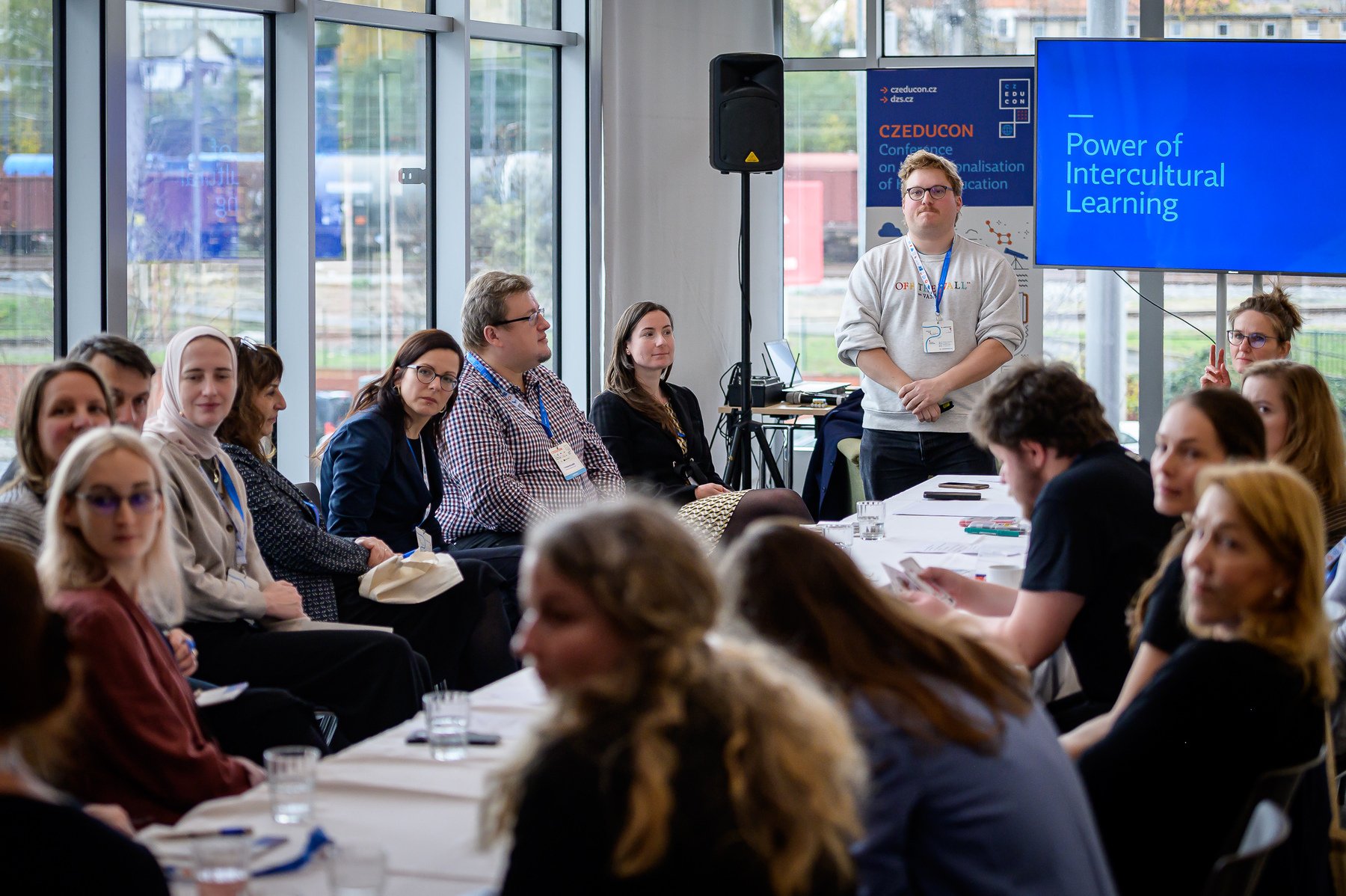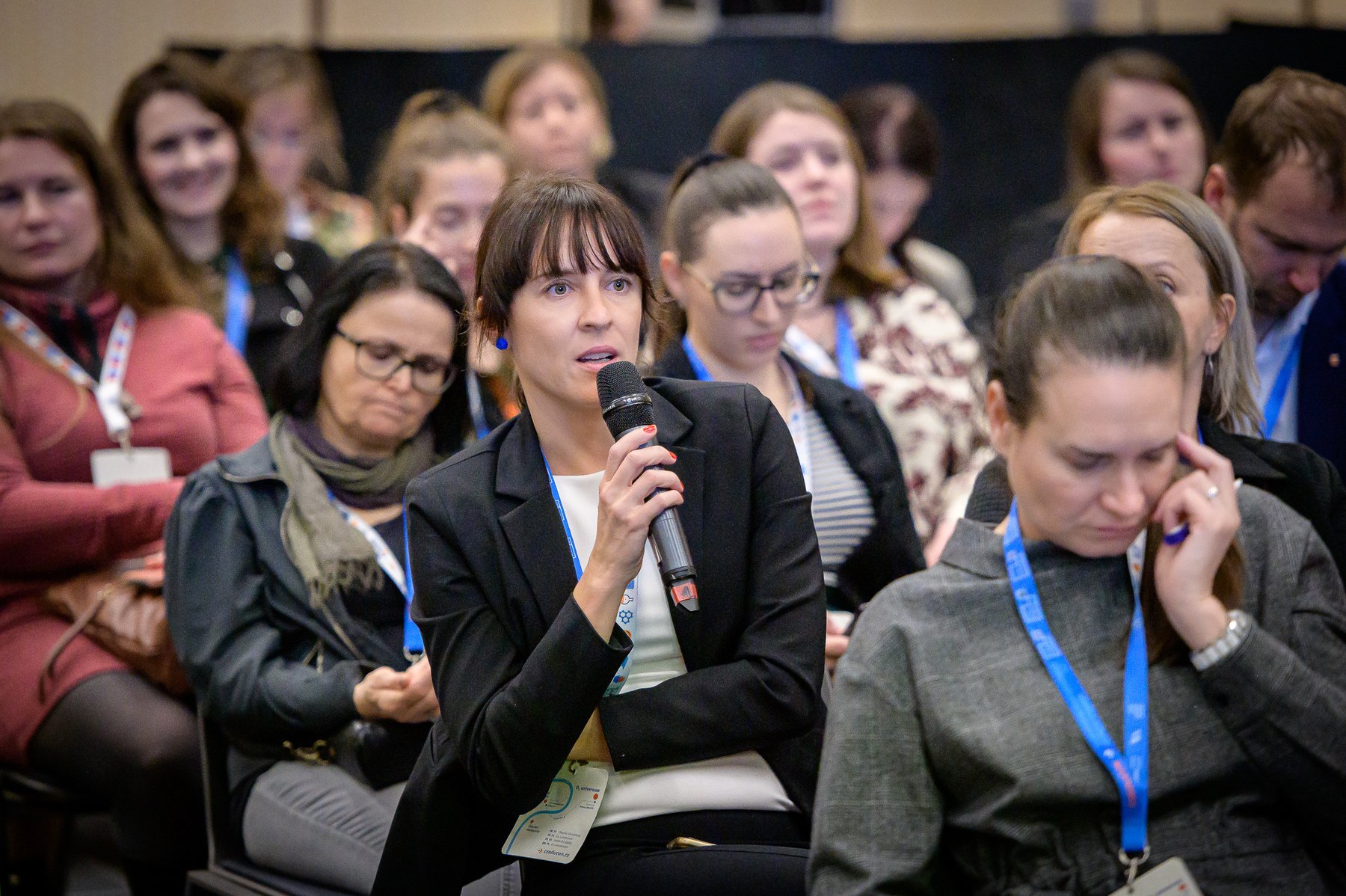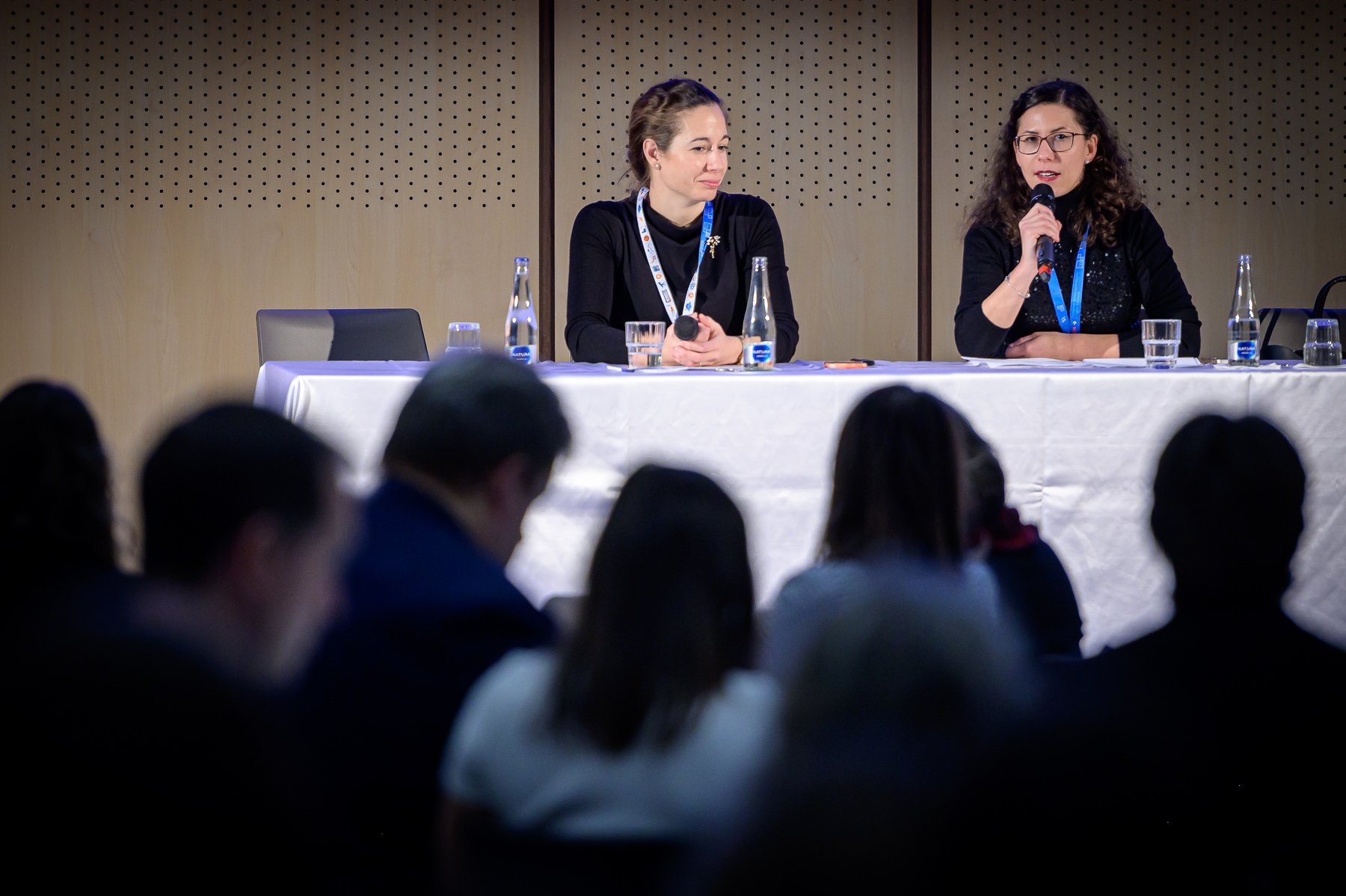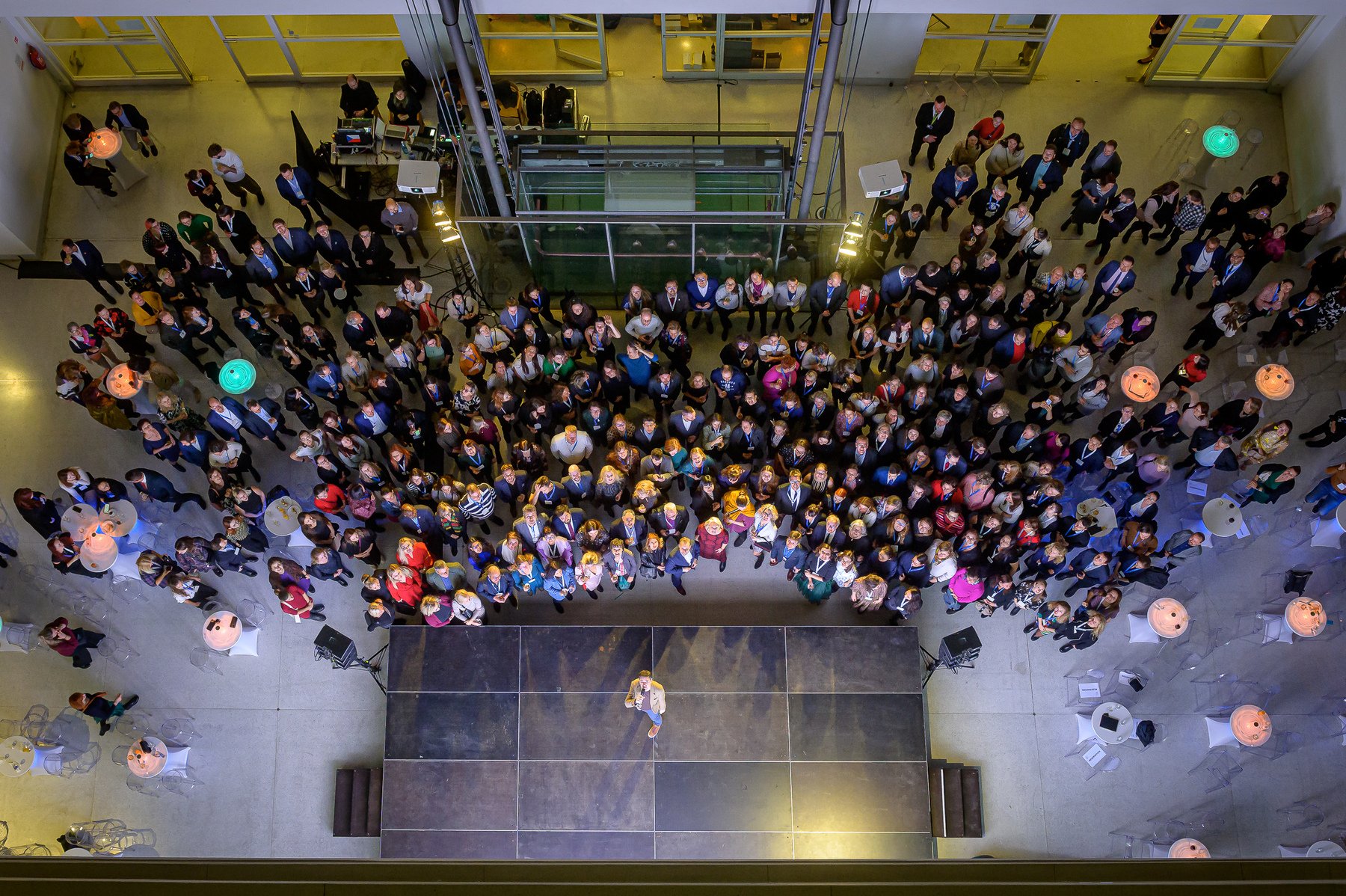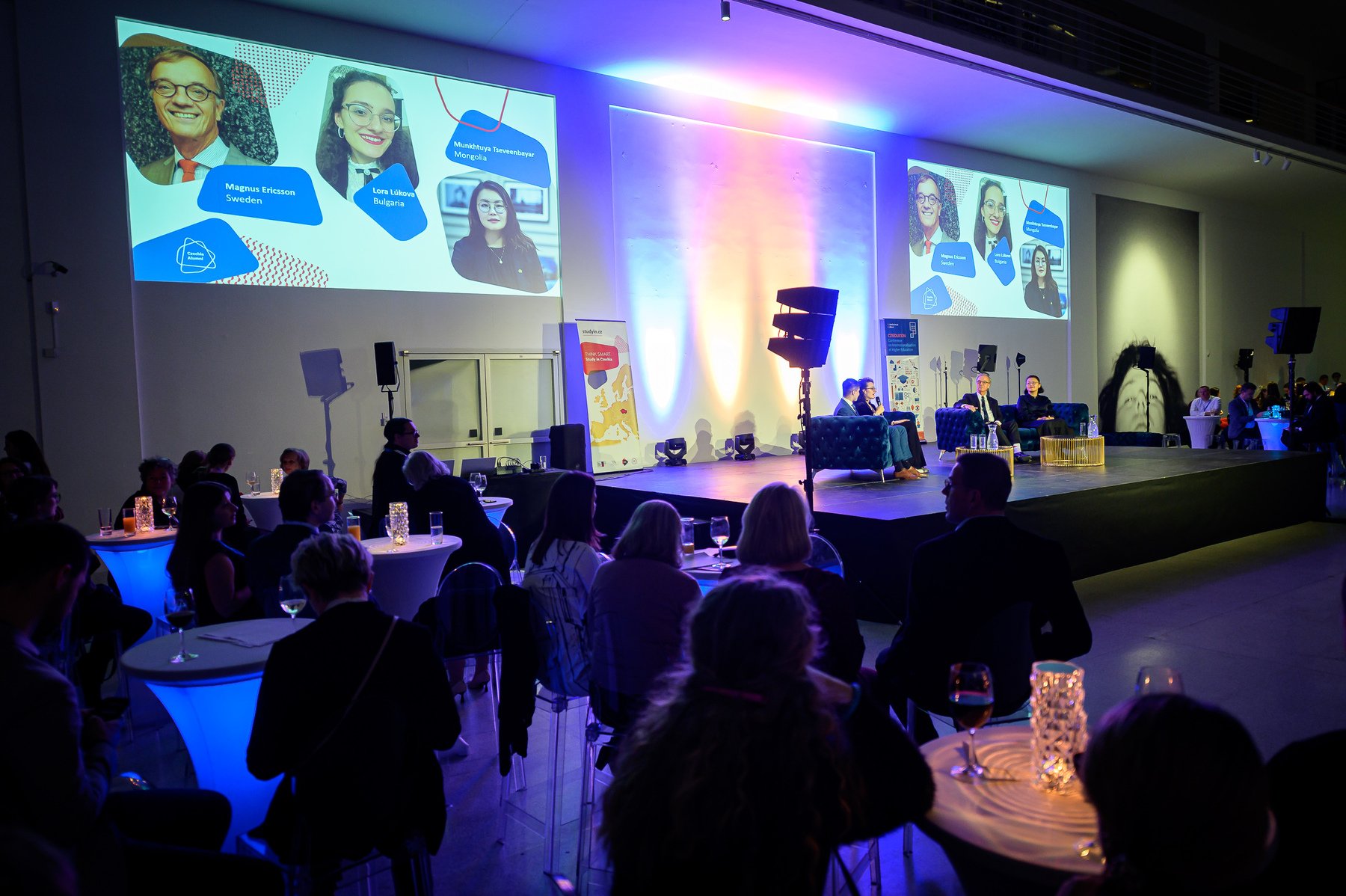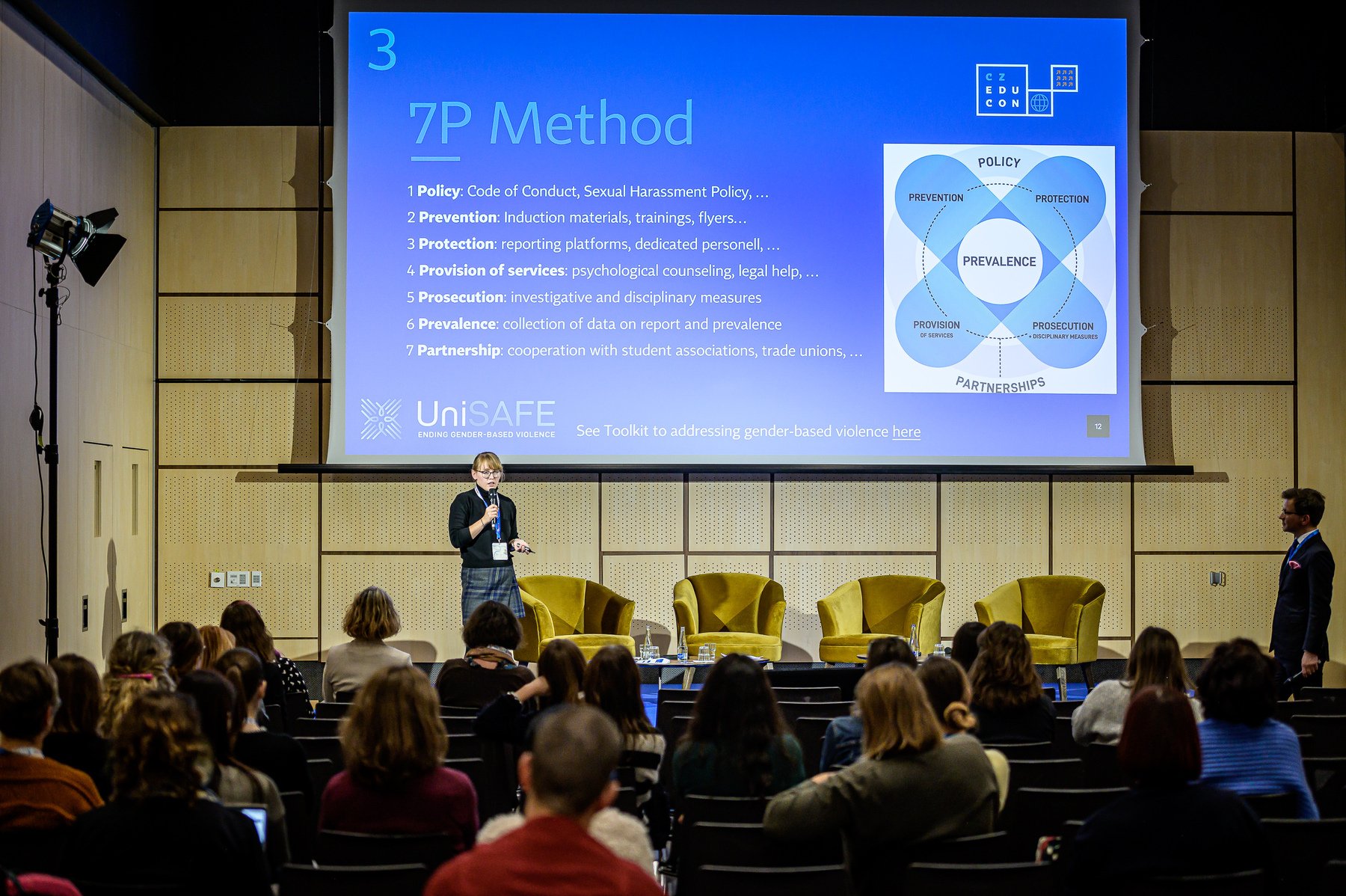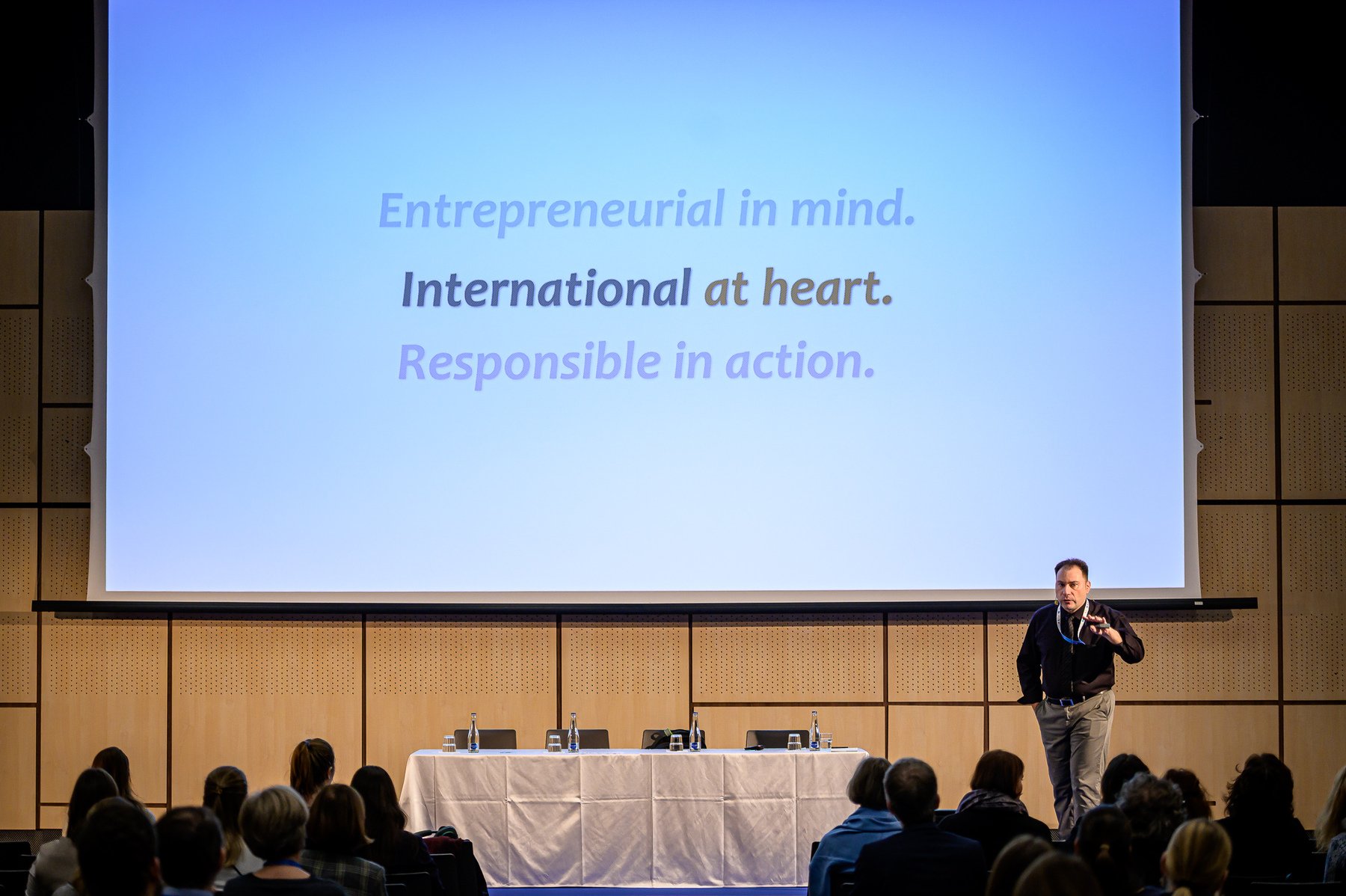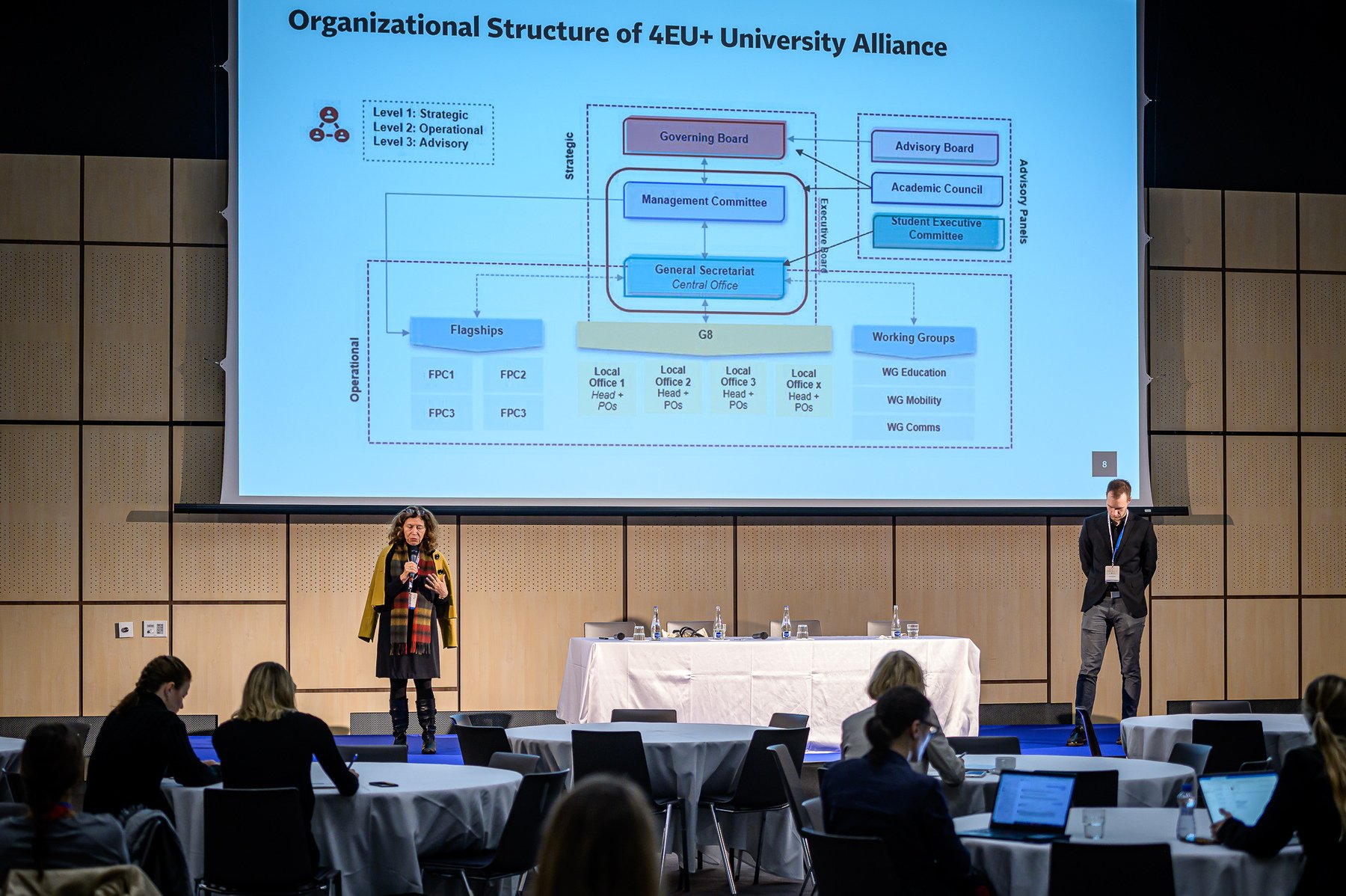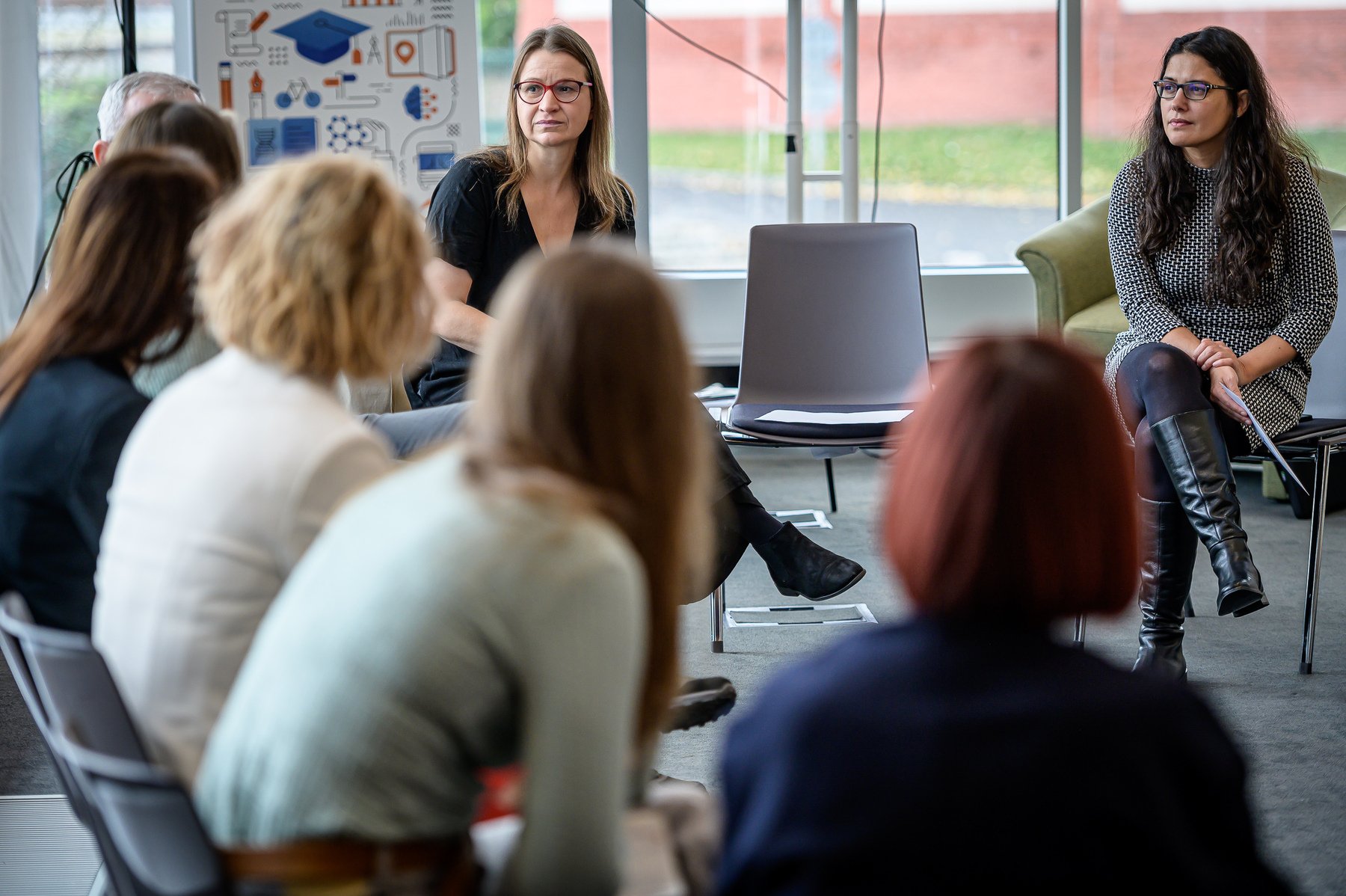The Future of Education: Internationalization as a Tool for Excellence and Innovation
The Sixth CZEDUCON Conference Addresses Key Challenges of Higher Education.
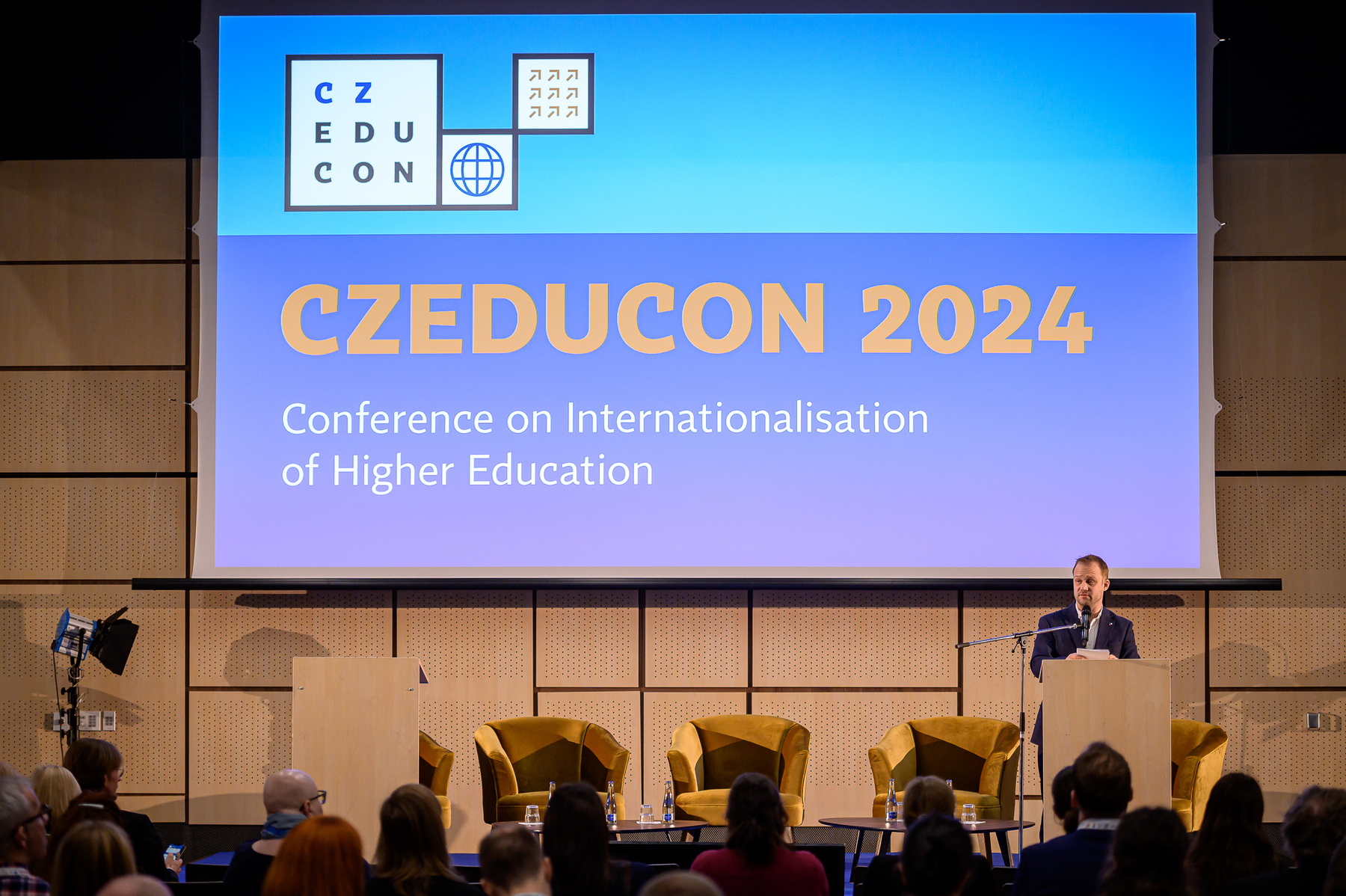
Internationalization is no longer the privilege of elite institutions. It has become a key pillar of higher education, influencing the quality of teaching, research, and collaboration on a global level. CZEDUCON, one of the most significant Central European conferences organized by the Czech National Agency for International Education and Research (DZS) in collaboration with national agencies from Austria, Germany, Slovakia, and Poland, focused this year on how universities can effectively respond to the challenges of globalization, digital transformation, and other socio-economic changes.
CZEDUCON brought together nearly 700 participants on November 19–20 at the O2 universum, engaging in over 60 panel discussions, lectures, and workshops.
Internationalization Redefines the Approach to Education
21st-century education requires an entirely new approach. As Michal Uhl, Director of DZS, emphasized, universities must address not only the growing need for access to higher education but also its necessary modernization. “Micro-credentials, new teaching formats, and deeper cooperation within the European Education Area. Greater accessibility to higher education must be accompanied by support for excellence. European university alliances represent a key policy—we are seeking ways to further strengthen them and enhance the sharing of experiences. Education as we knew it in the 20th century is not enough. Social changes increasingly emphasize the development of a wide range of competencies, including global ones. Internationalization is no longer optional—it is a fundamental prerequisite for comprehensive education,” said Uhl.
Innovation not only enhances the flexibility of the education system but also develops the key competencies that today’s students need to succeed in a rapidly changing international environment.
Inclusion as the Foundation of Modern Internationalization
As important as innovation is, inclusion is equally critical. The current model of internationalization must transform to ensure it is not a privilege of a select few students but offers opportunities to all, regardless of their financial, geographical, or social background. This idea was highlighted by A. Sarah Ilchman, Co-President of Institute of International Education:
“Internationalization for everyone. The digital era and collaboration in academia and beyond. These themes emphasize our common mission, in which we support students and educators to collectively embrace an inclusive and forward-looking approach to global education. As Nelson Mandela once said: Education is the most powerful weapon which you can use to change the world. These words resonate in today’s world, where we build bridges between nations, communities, and institutions, share knowledge, foster understanding, and create opportunities that transform not only individuals but society as a whole.”
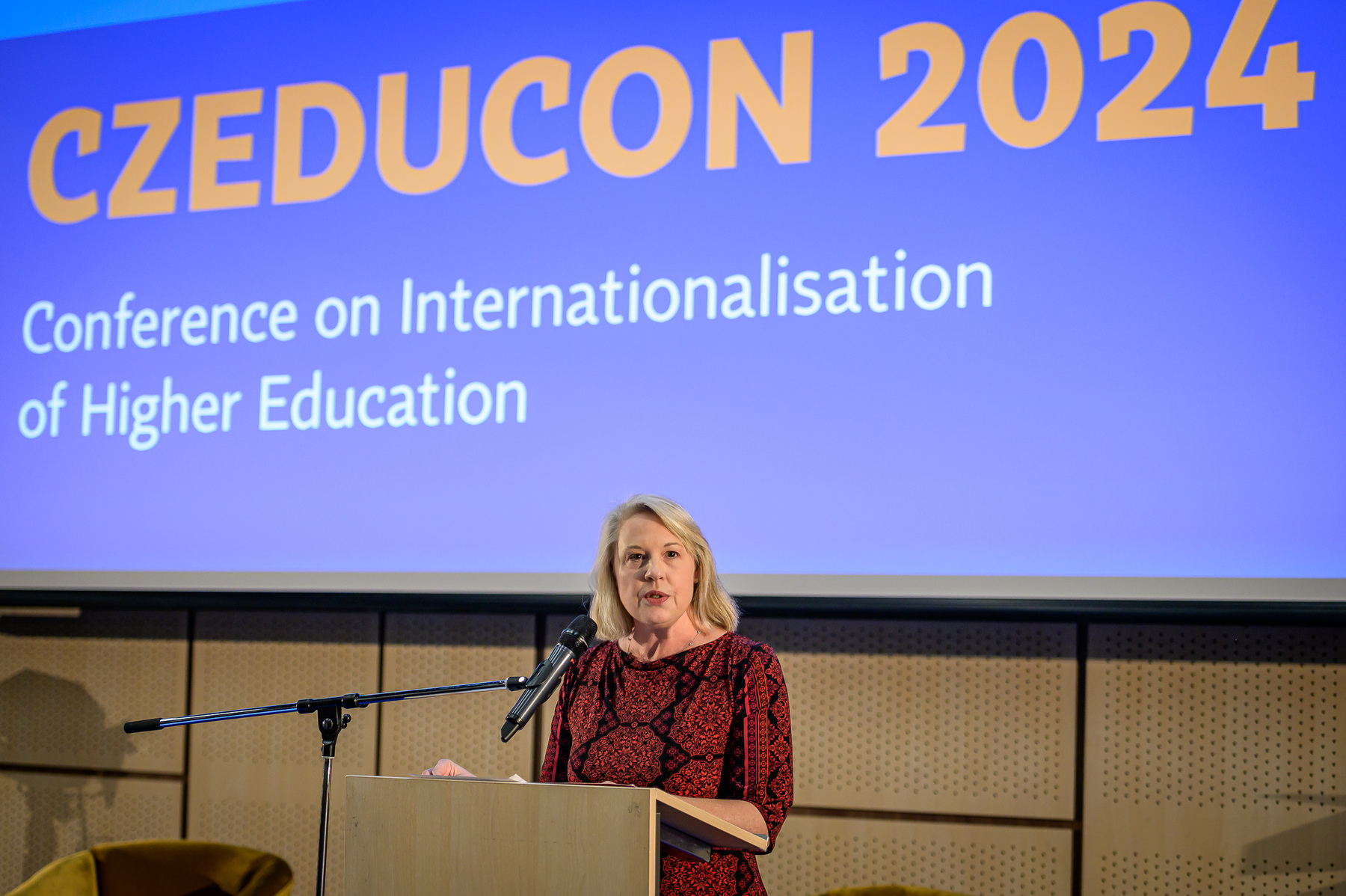
A Responsible Approach to Mental Health and New Technologies
Topics such as strategic collaboration, inclusion, and innovation in the digital era echoed throughout the conference. Digitalization is changing the game not only in education but also in addressing the mental health of students and educators. Universities are increasingly facing the consequences of growing stress, digital fatigue, and performance pressure, which directly affect the quality of educational and working environments. Failing to address these challenges may lead to decreased productivity, rising mental health issues, and higher dropout rates.
Supporting mental health is not just an individual concern but a crucial prerequisite for the sustainability of the entire education system. Expert A. Sarah Ilchman emphasized that mental health is the foundation of excellence and an inclusive approach to education.
Hybrid Learning and New Technologies: Challenges and Opportunities
Hybrid learning and technologies such as artificial intelligence open new possibilities for education but also demand high adaptability and resilience from both students and educators.Daria Hvížďalová, Director at School 42 London, explained:
“The future of European education does not lie in choosing between tradition and technology but in combining them to create something greater than either could achieve alone. Artificial intelligence should not be seen as a replacement for human interaction but as a tool for creating more opportunities for meaningful human engagement.”
EAIE Barometer Highlights the Impact of Internationalization
The EAIE Barometer is one of the most extensive surveys examining the state of internationalization in higher education in Europe. This research collects data from experts and institutions to identify key trends, challenges, and areas of interest in international cooperation and education. The findings provide valuable insights not only into European trends but also into the specific characteristics of individual countries, including the Czech Republic.
Laura E. Rumbley, Director of Knowledge Development and Research at the European Association for International Education (EAIE), and Jody Hoekstra-Selten, Knowledge Development Expert at EAIE, presented key findings from the highly anticipated third edition of the EAIE Barometer report, which draws on 2,817 responses from 46 countries.
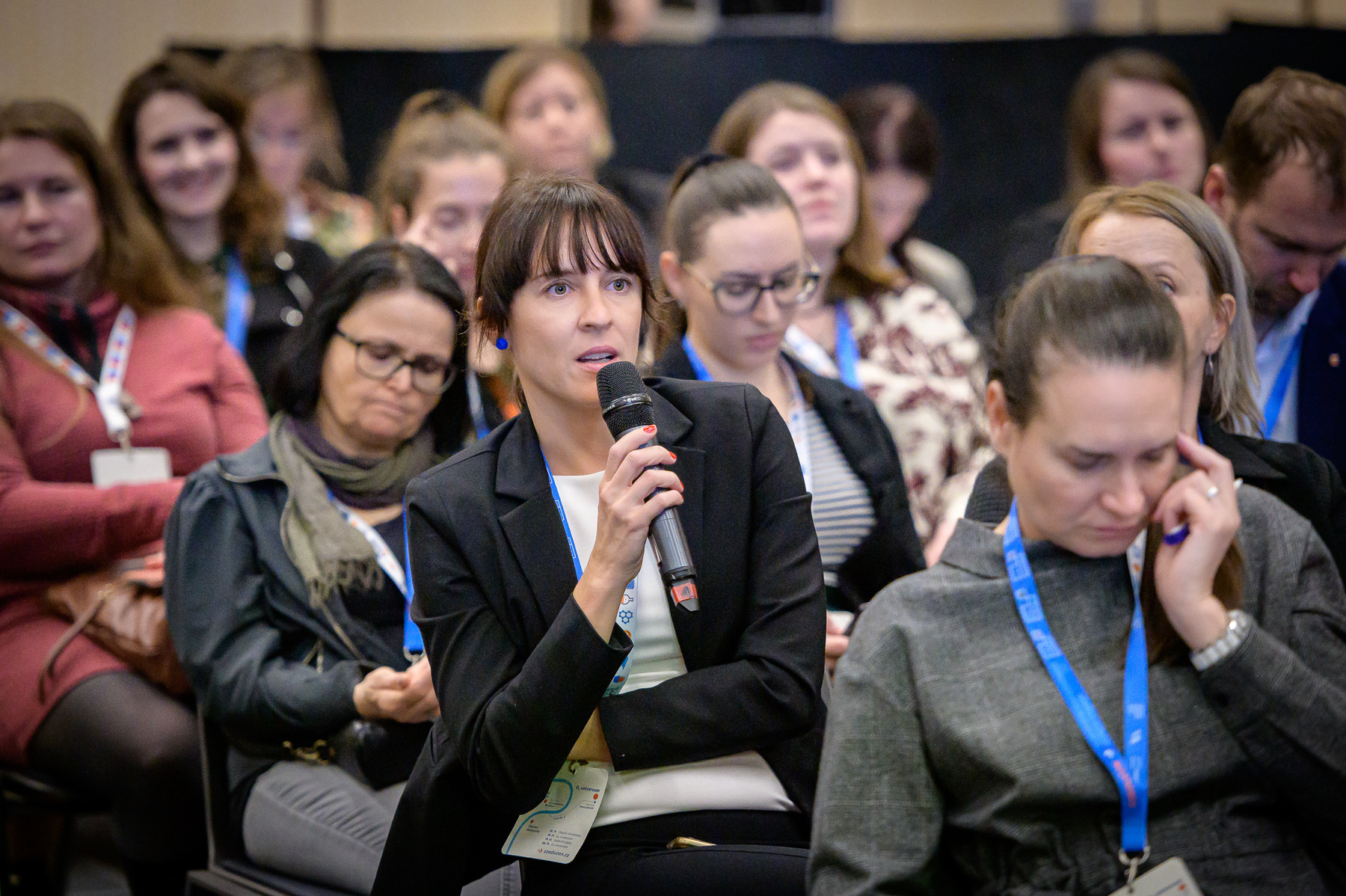
The Barometer encourages Czech institutions to strengthen discussions on the impact of internationalization activities and implement clear tools for measuring it. Emphasis on reputation should be balanced with a broader perspective on the benefits of internationalization, including the development of students, staff, and society as a whole. Priorities include a focus on environmental sustainability and support for the professional development of staff facing increasing demands and rapid changes in international collaboration.
MICHE as a Path to Higher Education Development
The panel dedicated to the MICHE project (Monitoring Internationalization of Czech Higher Education) highlighted its key goals and processes. The discussion was led by Daniel Casten and Uwe Brandenburg, MICHE experts, alongside Iva Beránková from Charles University and Zuzana Pechová from the Technical University of Liberec.
Launched in 2018 in cooperation with the Ministry of Education, Youth and Sports (MŠMT) and Czech National Agency for International Education and Research (DZS), the project aims to help universities reflect on their state of internationalization and provide practical information on strategic directions in this area.
MICHE bridges strategy with the practical needs of universities, students, and academics. A key tool is the self-assessment report and expert visits, which allow institutions not only to identify weaknesses but also to strengthen initiatives through collaboration across faculties and departments.
Interested in Learning More? Watch the Recordings
This year, CZEDUCON delivered inspiring visions, practical recommendations, and examples of best practices to support strategic planning and day-to-day operations in higher education. Topics such as inclusion, digital innovation, and mental health care define both the challenges and opportunities of modern education.
Couldn’t attend? Presentations and video recordings from halls C1 and C3 will soon be available on the conference program section of the website.
Partneři CZEDUCONu:
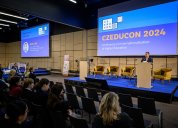



Czeducon 2024. Foto: Petr Zewlakk Vrabec / DZS

Czeducon 2024. Foto: Petr Zewlakk Vrabec / DZS

Czeducon 2024. Foto: Petr Zewlakk Vrabec / DZS
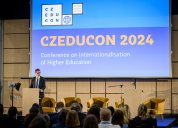
Czeducon 2024. Foto: Petr Zewlakk Vrabec / DZS

Czeducon 2024. Foto: Petr Zewlakk Vrabec / DZS
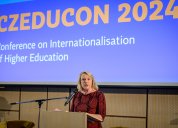
Czeducon 2024. Foto: Petr Zewlakk Vrabec / DZS

Czeducon 2024. Foto: Petr Zewlakk Vrabec / DZS
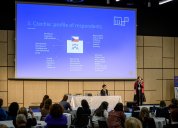
Czeducon 2024. Foto: Petr Zewlakk Vrabec / DZS

Czeducon 2024. Foto: Petr Zewlakk Vrabec / DZS

Czeducon 2024. Foto: Petr Zewlakk Vrabec / DZS

Czeducon 2024. Foto: Petr Zewlakk Vrabec / DZS

Czeducon 2024. Foto: Petr Zewlakk Vrabec / DZS

Czeducon 2024. Foto: Petr Zewlakk Vrabec / DZS

Czeducon 2024. Foto: Petr Zewlakk Vrabec / DZS

Czeducon 2024. Foto: Petr Zewlakk Vrabec / DZS
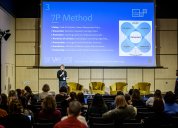
Czeducon 2024. Foto: Petr Zewlakk Vrabec / DZS
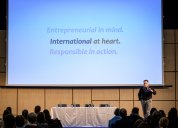
Czeducon 2024. Foto: Petr Zewlakk Vrabec / DZS
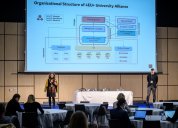
Czeducon 2024. Foto: Petr Zewlakk Vrabec / DZS

Czeducon 2024. Foto: Petr Zewlakk Vrabec / DZS
